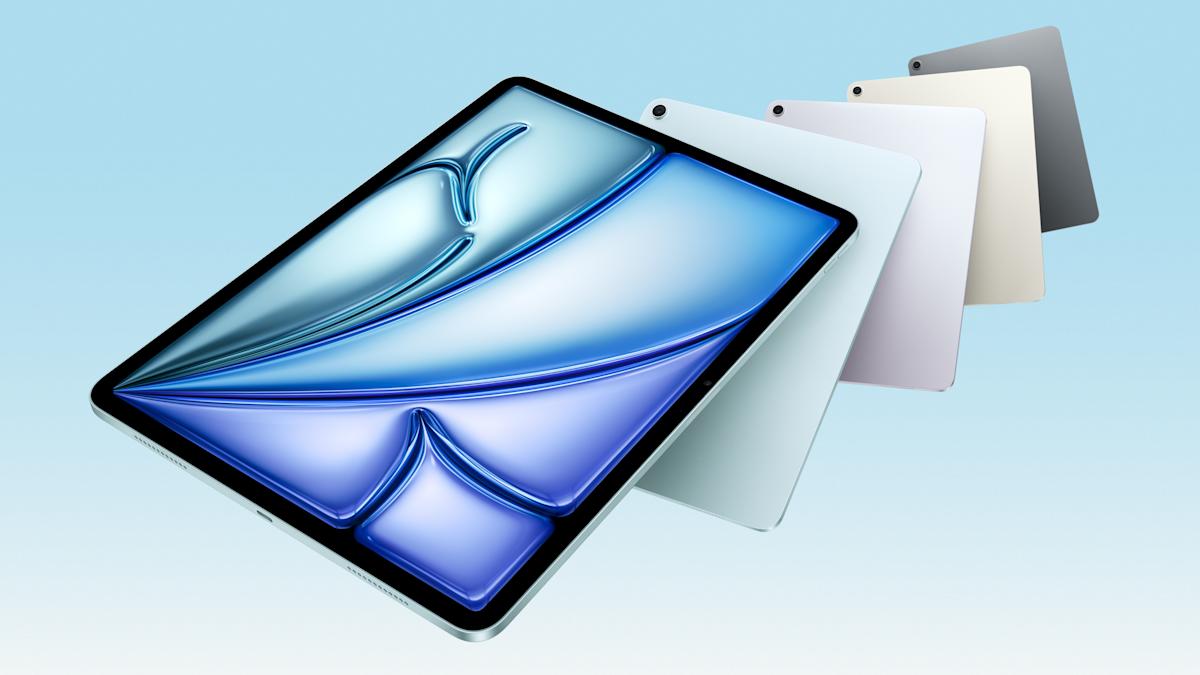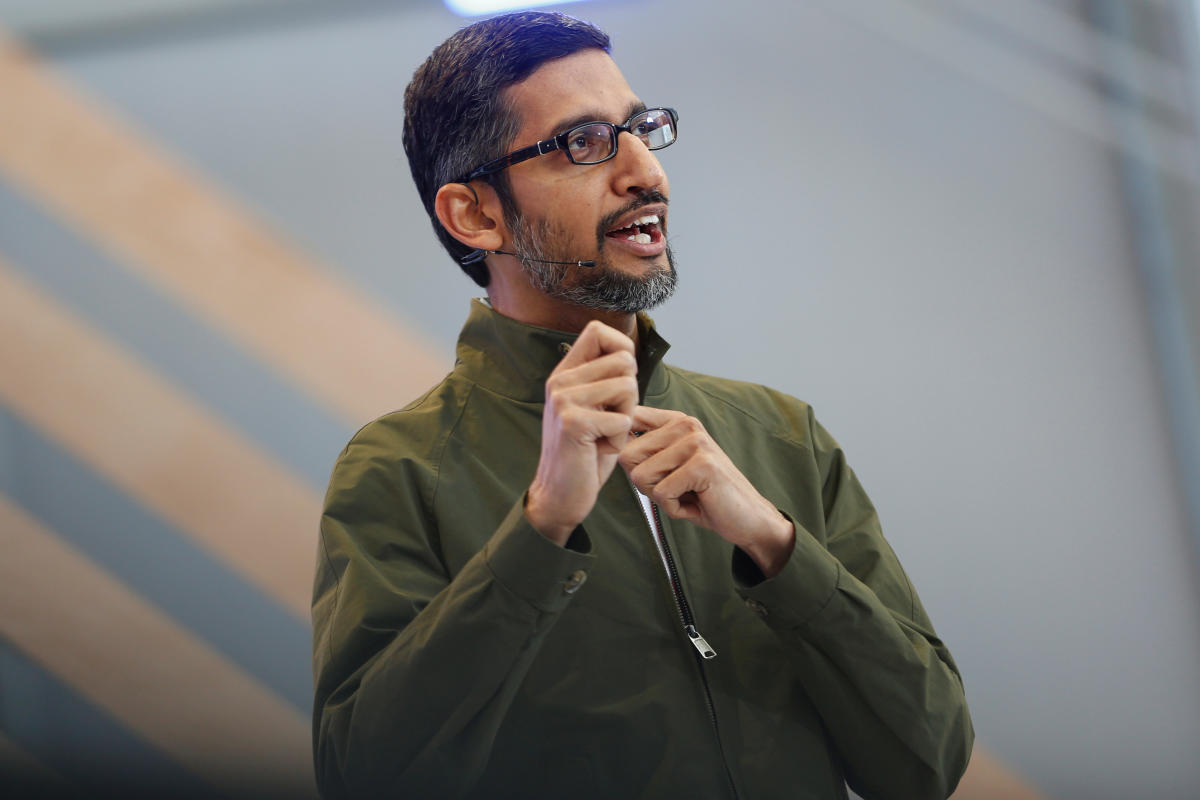We’re back with another edition of Week in Review, packed with exciting stories from the past week. This week’s highlights include Nvidia’s GTC conference, the return of NASA astronauts, Rippling’s lawsuit, and Google’s acquisition of Wiz. Let’s dive in and explore these stories in more detail.
Google’s Historic Acquisition: Google has made its largest acquisition to date, purchasing Wiz for a staggering $32 billion. The company plans to position Wiz as a “multicloud” offering, allowing it to operate across multiple cloud platforms, not just Google’s. This move is a significant expansion of Google’s cloud security capabilities, and it will be interesting to see how Wiz integrates into Google’s existing infrastructure. Notably, Google had previously offered Wiz $23 billion for its business, but the company declined, and it seems that patience paid off.
Acquisition News: xAI, Elon Musk’s AI company, has acquired Hotshot, a startup focused on AI-powered video generation tools. This acquisition could signal xAI’s intention to develop its own video generation models, potentially competing with other industry players like OpenAI’s Sora and Google’s Veo 2. As the AI landscape continues to evolve, we can expect to see more strategic acquisitions and partnerships that shape the future of the industry.
Nvidia GTC Recap: Nvidia’s annual GTC conference concluded on Thursday, and we were on the ground to bring you the latest updates. The company announced two personal AI supercomputers, Groot N1, a foundational model for humanoid robots, and new GPUs, including Blackwell Ultra, Vera Rubin, and Feynman. These announcements demonstrate Nvidia’s commitment to advancing AI technology and its potential applications across various industries.
This is TechCrunch’s Week in Review, where we recap the week’s biggest news. If you want to receive this newsletter in your inbox every Saturday, sign up here.
News

Legal Battle: HR company Rippling has filed a lawsuit against Deel, alleging racketeering, misappropriation of trade secrets, and other charges. Deel denies all allegations, and the case is ongoing. This lawsuit highlights the competitive nature of the HR industry and the importance of protecting intellectual property.
Homecoming: After more than nine months in space, two NASA astronauts, Sunita “Suni” Williams and Barry “Butch” Wilmore, have returned to Earth. They splashed down in the Gulf of Mexico in a SpaceX Dragon capsule, marking the end of their extended stay on the International Space Station.
New Pixel: Google has released the Pixel 9a, a new smartphone featuring an upgraded 6.3-inch Actua display. The device is priced at $499 and boasts a 35% brighter display than its predecessor. Additionally, the Pixel 9a has a redesigned camera system, ditching the traditional camera bar on the back.
Data Breach: The Pennsylvania State Education Association (PSEA) has announced that hackers stole sensitive personal information of over 500,000 members. The breach included member account numbers, PINs, passwords, and security codes, highlighting the need for robust cybersecurity measures in the education sector.
Innovative Project: A 12th grader has created a website called Minecraft Bench, which pits two AI models against each other in a Minecraft build-off. This project showcases the creative potential of AI and its applications in gaming and education.
AI-Powered Search: Google is revamping its email search feature, using AI to surface the most relevant emails based on factors like recency, frequency of interaction, and content. This update aims to improve the overall email experience and make it easier to find important messages.
Humanoid Robots: Norwegian robotics company 1X plans to test its humanoid robot, Neo Gamma, in hundreds of homes by the end of the year. This move marks a significant step towards integrating humanoid robots into daily life, with potential applications in healthcare, education, and entertainment.
Analysis

Nvidia’s Dominance: Nvidia is currently at the forefront of the AI industry, but it faces challenges such as U.S. tariffs, competition from DeepSeek, and shifting priorities from top AI customers. At GTC, the company sought to reassure attendees and the wider audience that demand for its chips will continue to grow, despite these challenges.
Wayve’s Ambitions: Wayve, an autonomous vehicle startup, plans to license its self-driving software to automotive and fleet partners, including Uber. The company’s co-founder and CEO, Alex Kendall, is optimistic about bringing Wayve’s technology to market, highlighting the potential for autonomous vehicles to transform the transportation industry.
Source Link




